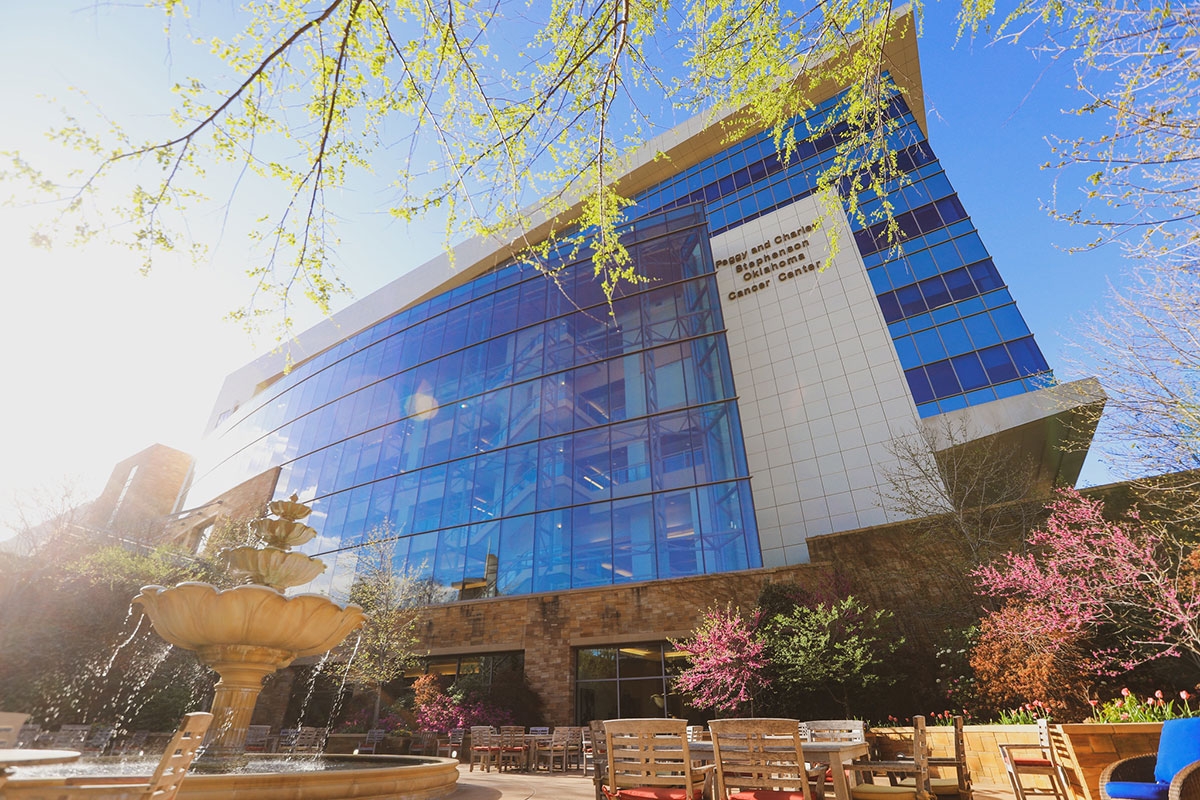
OKLAHOMA CITY, OKLA. – The University of Oklahoma Health Sciences, partnering with the OU Health Stephenson Cancer Center, is proud to announce the launch of the Scientific Training in Oncology (STRONG) program, which will provide trainees the unique opportunity to explore careers in health professions. The program is funded by the American Cancer Society through a three-year, $660,000 Diversity in Cancer Research Post-Baccalaureate grant.
The STRONG program is a two-year cancer research experience specifically designed for individuals who have earned a bachelor’s degree and plan to enhance their academic and research competency for pursuing doctoral degrees in biomedical science, data science, population health, public health or health professions, such as medicine, pharmacy, dentistry, allied health, nursing or others. The program aims to increase interest in cancer research and diversity in the cancer research workforce by encouraging the participation of underrepresented groups in the biomedical fields.
“The STRONG program is more than an opportunity; it’s a pathway for aspiring researchers to contribute to the fight against cancer while fostering a community that champions diversity in cancer research,” said Rajagopal Ramesh, Ph.D., professor in the Department of Pathology at the OU College of Medicine and associate director of Cancer Research Education and Training at OU Health Stephenson Cancer Center. “By providing a supportive environment and invaluable opportunities, we are shaping the next generation of leaders who will drive innovation and inclusivity in the biomedical field.”
Trainees accepted into the STRONG program will receive a stipend of $35,000 annually from OU Health Sciences, ensuring financial support for their commitment to cancer research. Priority will be given to individuals from underrepresented minority groups, including but not limited to identified racial and ethnic groups, first-generation college graduates and those from socio-economically disadvantaged backgrounds.
Key Highlights of the STRONG program:
Applications for the STRONG program are now open. The program will begin Aug. 1, 2024, and conclude July 31, 2026. Interested undergraduate students and recent graduates are encouraged to apply and explore the exciting opportunities within the world of cancer research.
For more information or to apply, visit the program’s website.
OU Health Stephenson Cancer Center
OU Health Stephenson Cancer Center is Oklahoma’s only National Cancer Institute-Designated Cancer Center. Stephenson Cancer Center is one of the nation’s elite centers, representing the top 2% of cancer centers in the country. It is the largest and most comprehensive oncology practice in the state, delivering patient-centered, multidisciplinary care for every type of cancer. As one of the nation’s leading research organizations, Stephenson Cancer Center uses the latest innovations to fight and eliminate cancer and is currently ranked No. 1 among all cancer centers in the nation for the number of patients participating in clinical trials sponsored by the NCI’s National Clinical Trials Network. For more information, visit stephensoncancercenter.org.
About the University of Oklahoma Health Sciences
The University of Oklahoma Health Sciences is one of the nation’s few academic health centers with all health professions colleges — Allied Health, Dentistry, Medicine, Nursing, Pharmacy, Public Health, Graduate Studies and School of Community Medicine. OU Health Sciences serves approximately 4,000 students in more than 70 undergraduate and graduate degree programs on campuses in Oklahoma City and Tulsa and is the academic and research partner of OU Health, the state’s only comprehensive academic health care system. The OU Health Sciences is ranked 129 out of over 2,849 institutions in funding received from the National Institutes of Health, according to the Blue Ridge Institute for Medical Research. For more information, visit ouhsc.edu.
About the University of Oklahoma
Founded in 1890, the University of Oklahoma is a public research university located in Norman, Oklahoma. As the state’s flagship university, OU serves the educational, cultural, economic and health care needs of the state, region and nation. OU was named the state’s highest-ranking university in U.S. News & World Report’s most recent Best Colleges list. For more information about the university, visit ou.edu.